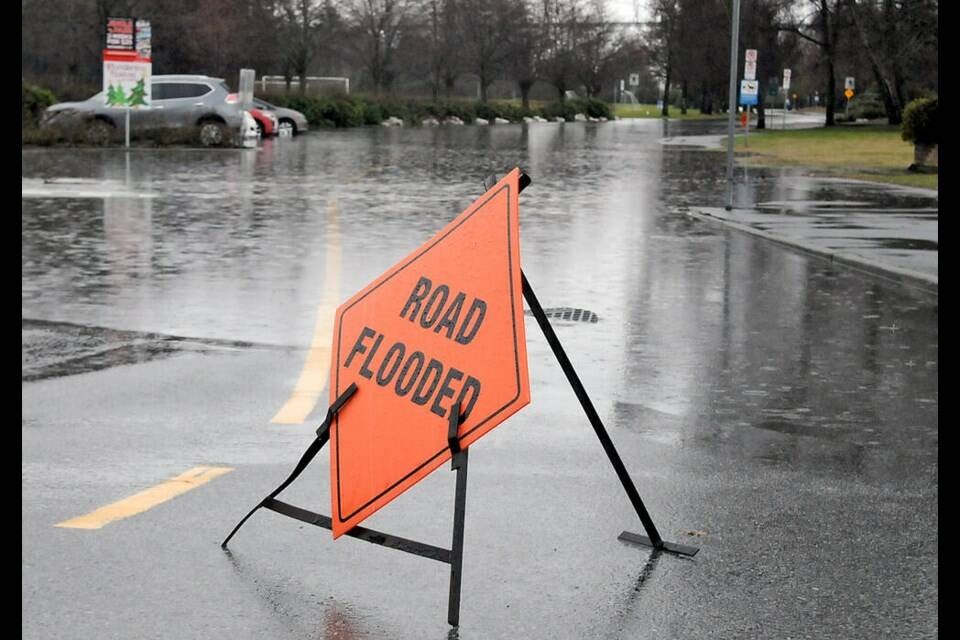The Tsleil-Waututh Nation will receive $2 million in funding for emergency preparedness, out of a total $23.4 million given to First Nations and local communities by the B.C. Government.
Bowinn Ma, Minister of Emergency Management and Climate Readiness, said the funding is in place to help communities better prepare, mitigate and respond to climate related emergencies like extreme temperatures and floods.
“The current climate crisis will continue to increase the risk of natural disasters in British Columbia over the years ahead,” she said.
“Local governments and First Nations are important partners in ensuring that communities are prepared for what will come, and we're taking action to support them in this critical work."
Forty-nine First Nations and local governments throughout the province will receive financial aid, with the Tsleil-Waututh Nation one of a number of Indigenous communities – joining the likes of the Malahat, Pauquachin and Sq'éwlets First Nations – to benefit.
North Vancouver District will also receive $369,066.
The funding, provided by the government’s Community Emergency Preparedness Fund, will be funnelled into risk mapping, risk assessments and planning, such as the development of a hazard map, and land-use planning, like amendments to relevant plans and bylaws.
It will also provide financial aid for new equipment, community education and small-scale structural projects.
For the Tsleil-Waututh Nation, the $2 million has been approved to fund the Reserve Shoreline Adaptation and Habitat Enhancement Project, while North Vancouver’s designated reserve will go towards the framework for and implementation of North Shore Resilience.
The projects are two of a number across British Columbia already waiting in the wings for the green light given by the fund, with others including flood mitigation like the modelling of a dike breach in 麻豆社国产and the implementation of a new dike on the Coldwater River in Merritt.
The money will also go towards designing upgrades for the Chilliwack Creek drainage pump station, which also serves as a crucial component of the community's flood-protection system, in addition to providing a climate and disaster risk assessment for T'lat'lasik'wala First Nation, and funding the implementation of misting stations in Victoria, which will help keep people cool during extreme heat weather events.
"The projects enabled by this funding will make a big difference for First Nations and communities throughout B.C. in their efforts to keep lives and livelihoods safe from potential disasters,” said Ma.
George Heyman, Minister of Environment and Climate Change Strategy, said the government invites all municipalities who believe they could benefit from climate-focused financial aid to apply for funding.
“We invite and encourage municipalities to apply for climate adaptation funding that will better protect and safeguard our communities from the current and future threats of climate change,” he said.
“By investing in better planning tools with local communities and First Nations, we can significantly reduce the impacts of extreme weather events and build a more resilient future that protects people and the places we live."
The Tsleil-Waututh Nation, contacted for this story, have declined to comment.
Mina Kerr-Lazenby is the North Shore News’ Indigenous and civic affairs reporter. This reporting beat is made possible by the .

